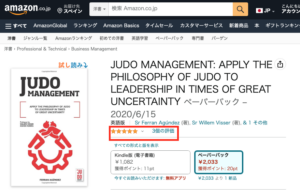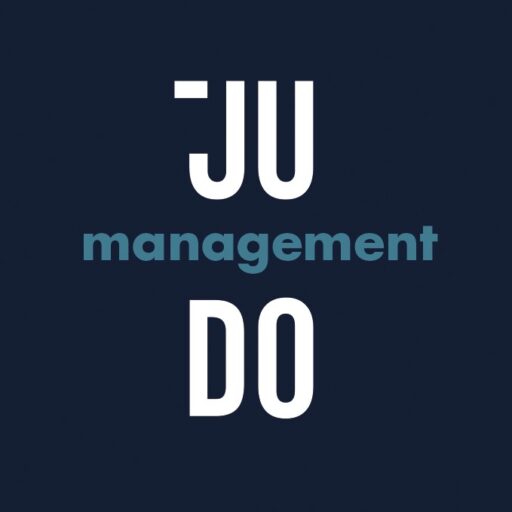Management is done by a manager.
A manager is executing a task, a manager is focussed on systems and structures, a manager is controlling and a manager is often focussed on a short term vision.
(In the following article ‘leadership’ I give more characteristics of the manager in comparison with leaders.)
In the definition above there are some points of attention.
If a manager is focussed on systems there is a danger that the systems are “the only way”. And if a manager is focussed on structures there is a danger that people are pushed into the structure.
Systems and structures are only to help people and those are not the essence of the existence.
It is not possible to solve everything in an analytic way, because a lot of processes cannot be changed without the commitment and the help of people.
Types of management
For management as a system I can give two mainstreams, namely the Anglo-Saxon management (also known as Anglo-American management) and the Rhineland management.
(Swedish management can be named as well, but this is about the same as the Rhineland management.)
The Anglo-Saxon management is used in Great- Britain, USA but also in France. In my point of view the French management is very authoritarian management and this is more or less in contrast with the principles of Napoleon: freedom, equality and brotherhood!
The characteristics of the Anglo-Saxon management are: dominant, directed to result, short term policy and only the result counts.
The Rhineland management is mainly used in Germany and countries around Germany like the Netherlands and Austria. However, the Netherlands are influenced by both, Anglo-Saxon and Rhineland management, but the Rhineland management is becoming more and more in the Netherlands.
The characteristics of the Rhineland management are: cooperative, driven by professionalism (professionalism is: specialism, integrity and cooperation) and coaching of self-management.
The world is always wondering about the fast development of the German economy and in my opinion this is because of using the Rhineland management system.
In Germany an employee in a company is not saying that “I have a job”, but one is saying “I have a profession”. The real professional is giving commitment and commitment, having or giving, is a basic aspect for gaining result.
Willem Visser
Executive coach, Strategic Adviser, International Lecturer, 8th Dan Judo IJF
With gratitude to all my teachers, specialists, colleagues and especially all the judoka that I was allowed to guide and to coach.
Sources and inspiring professionals:
Van der Horst, Cobben, Abe, Saitoh, Yamashita, Uemura, Sugawara, Murata, Hosokawa, Komata, Takahashi, Nakamura, Kasuga, Kawashima, Kariya, Brousse, Besson, Rougé, Ruska, Geesink, de Cree, Barta, Vachun, Viser, Lascau, McConnell, Snijders, Sins, Hoogendijk, Boersma, Odinot, van Dijk, Klok, Agúndez, Landsberg, Covey, de Waal, DeCaluwe, Drucker, Franzen, Goldratt, Hammer, Kets de Vries, Kotler, Mastenbroek, Mintzberg, Peters, Porter, Quinn, ten Bos, Trompenaars, Vinke, Weggeman, Wissema and many others.







